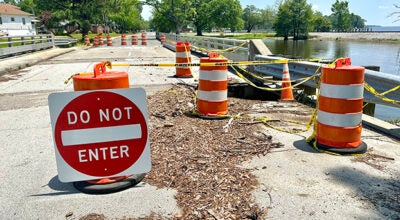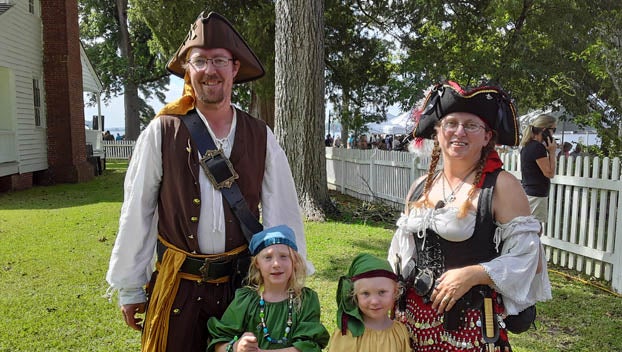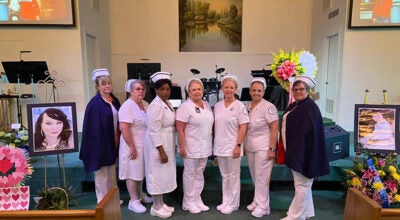Courts’ rulings could influence general election
Published 6:51 pm Friday, August 31, 2018
Two court rulings this week have put the spotlight, again, on a North Carolina election.
On Monday, a federal court declared the state’s congressional district map was unfair to Democrats and might have to be withdrawn soon. The three-judge panel determined the state’s 13 congressional districts reflected unconstitutional partisan gerrymanders. The judges asked the state’s political parties to address when and how congressional elections might occur this year.
Republican leaders in North Carolina assert they would petition the U.S. Supreme Court for a stay, which would freeze the existing congressional district lines in place at this time. A stay would require the votes of five justices, but the retirement of Justice Anthony M. Kennedy in July left the court divided 4-4 on philosophical lines.
Nov. 6 is the date for general elections in North Carolina this year.
On Wednesday, the N.C. Supreme Court delayed the preparation of ballots for the general election, a result of legal challenges to proposed amendments to the state’s constitution.
The courts’ decisions raise questions about how the approaching mid-term elections will be conducted, according to local and state elections officials. Answers to those questions might not be known for weeks.
Kellie Harris Hopkins, Beaufort County’s elections director, who was at a national conference of elections directors in New Orleans earlier this week, isn’t sure how the courts’ decisions could affect voters and the upcoming general election. “We just do what the courts and the General Assembly tell us to do. This is completely out of the county board’s hands — and the state board’s hands, for that matter. We’ll just have to take a wait-and-see approach. As soon as we get information, we’ll try to work as fast as we can to administer the election correctly,” Hopkins said.
Some people, including voting-rights advocates are concerned the courts’ rulings and the ballot delay could result in confusion among some voters. A Washington Post editorial on the issue began this way: “We sympathize with the federal three-judge panel that on Monday repudiated North Carolina’s outrageously gerrymandered congressional district map. But the judges will have to move with extreme care over the coming weeks to avoid mass confusion before Election Day.”
“I don’t know that it would be confusing to voters. It would be more about the timing of when we would have those ballots available for voters to be able to vote,” Hopkins said about the delay in ballot preparation.
State law requires that absentee-by-mail ballots be available 60 days before an election – in this case, September 7. However, court action has effectively delayed the start of absentee voting this year, and ballots will not be ready by September 7. Under federal law, ballots must be available 45 days before an election, or Sept. 22.
It takes about three weeks to prepare, print, test and deliver ballots to counties across the state. To meet the federal deadline, that process should start around Sept. 1, although the North Carolina State Board of Elections & Ethics Enforcement staff is exploring additional options to ensure federal compliance if delays continue.
“We will provide detailed information to the public about the constitutional amendments and North Carolina’s 2018 congressional elections as soon as possible,” said Kim Westbrook Strach, executive director of the North Carolina State Board of Elections & Ethics Enforcement, in a news release.







